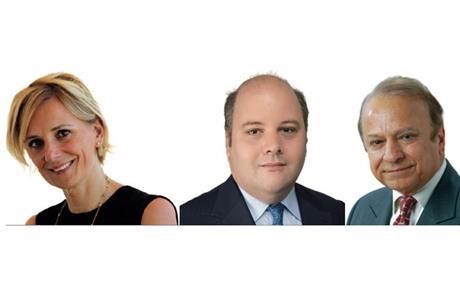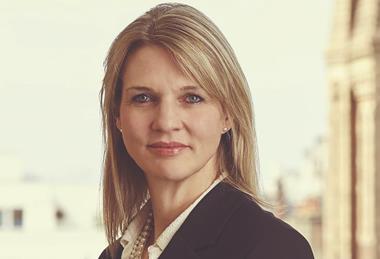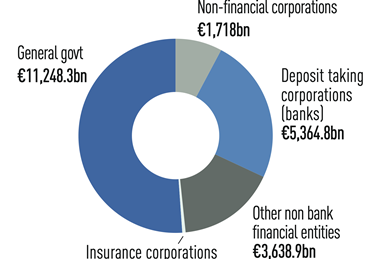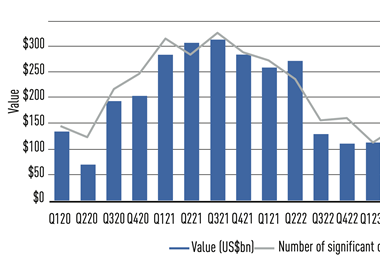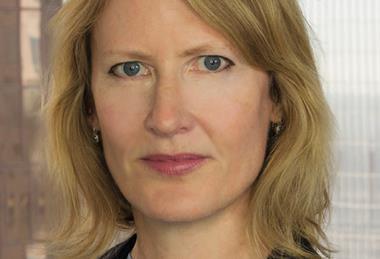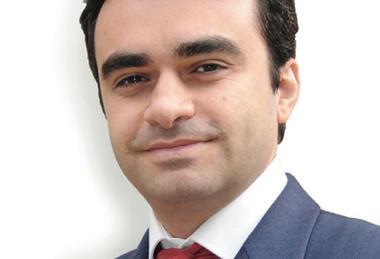Investment
In-depth reporting and commentary on the investment industry. IPE team offer regular insight and analysis on the latest developments along with heavyweight interviews and data analysis
In Depth
Amundi and CREATE-Research 2025 survey highlights the rise of dynamic asset allocation
This insight, which allows new information to guide one’s opinions and plans, has been taken on board by pension plans, as their strategic asset allocation has become ever more exposed to the economic rollercoasters that have whipsawed their portfolios recently.
Lazard Asset Management 's Jeremy Taylor: “The shape of the market has completely changed”
Lazard Asset Management makes a strong case for fundamental research and active management, Europe co-CEO Jeremy Taylor tells Carlo Svaluto Moreolo
IPE Quest Expectations Indicator – January 2026: Equities win managers’ vote
The pessimism around equities prevailing last summer has evaporated
- Previous
- Next
Chart watch: oil price, German construction PMI, Chinese consumption
Markets remain relatively unfazed by recent geopolitical events, thanks to the loose financial conditions globally
Fixed income, rates, currencies: bond markets ready to absorb record issuance
Sentiment remains upbeat, despite weakness in the US job market and uncertainty about Venezuela
Macro focus: debasement and fiscal dominance
The price of gold and other precious metals will continue to soar next year, as investors shift focus away from currencies
Macro focus: demand for rare earths to rise as countries increase protectionist measures
China’s sudden imposition of sweeping restrictions on rare earth exports took place alongside violent moves in stock markets
Chart watch: cooling US job market, China’s record trade surplus, Venezuela’s oil reserves
US jobs data points to a slowdown, and the outlook for euro-area growth is dull
Fixed income, rates, currencies: markets shrug off the uncertain macro picture
The rising unemployment rate suggests all is not well in the US economy, but the rest of the world – namely China – is getting on with it
IPE Quest Expectations Indicator – December 2025: Uncertainty receding
With Trump losing support domestically, the economy is expected to growh






